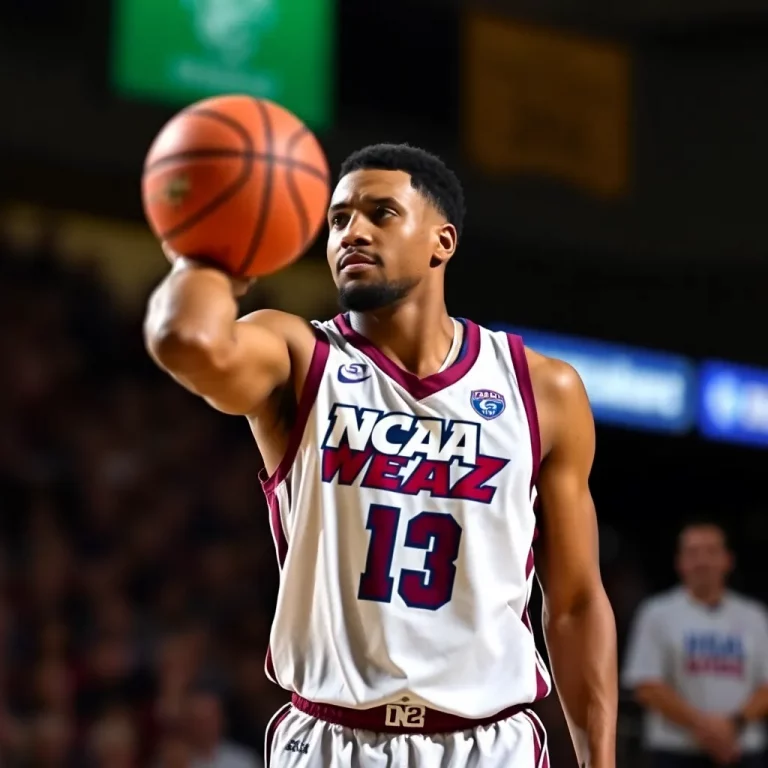In Indianapolis, this week may mark a pivotal moment for college sports as NCAA leaders consider a significant change to its rules regarding sports wagering. Reports suggest that the NCAA Division I Council could vote as early as Tuesday or Wednesday on new legislation that would allow college athletes, coaches, and staff members to bet on professional sports. This change could lift the longstanding ban that has been in place for many years.
In April, the NCAA Division I Board of Directors voted overwhelmingly, 21–1, to allow the D-I Council to draft legislation that would potentially deregulate the prohibition on wagering on professional sports. The proposal gained traction last month and is now poised for a formal vote. If passed by the D-I Council, the legislation would also require approval from the D-II and D-III Councils by July.
While the momentum seems strong, there may be some pushback from the 35 members of the D-I Council, which represents a variety of colleges and conferences across the nation. “It’s been hotly debated,” remarked a source familiar with the discussions. “This is not a slam dunk.” Currently, athletes and staff are banned from betting on professional sports like football and basketball, even though such betting is legal in 39 states and often occurs among college students.
Proponents of lifting the ban argue that it can lead to better education about gambling problems instead of harsh penalties. They emphasize that campus health initiatives should aim to address gambling as a mental health issue, rather than just disciplining those who bet. The hope is that athletes suffering from gambling addiction might feel more inclined to seek help if they are not worried about losing their eligibility.
On the other hand, there are fears that allowing athletes to bet on professional sports could lead to them wagering on college sports, posing a greater risk of integrity issues in college athletics. Concerns revolve around potential cheating, such as point shaving or game-fixing. The NCAA has faced intense scrutiny and ongoing investigations related to these issues, especially following recent scandals involving college and professional athletes.
As discussions continue, the outcome of this vote could reshape the landscape of sports betting in college athletics. The idea isn’t without its critics, who worry that more lenient policies could ultimately cause more problems in a field already grappling with accountability and ethics.


